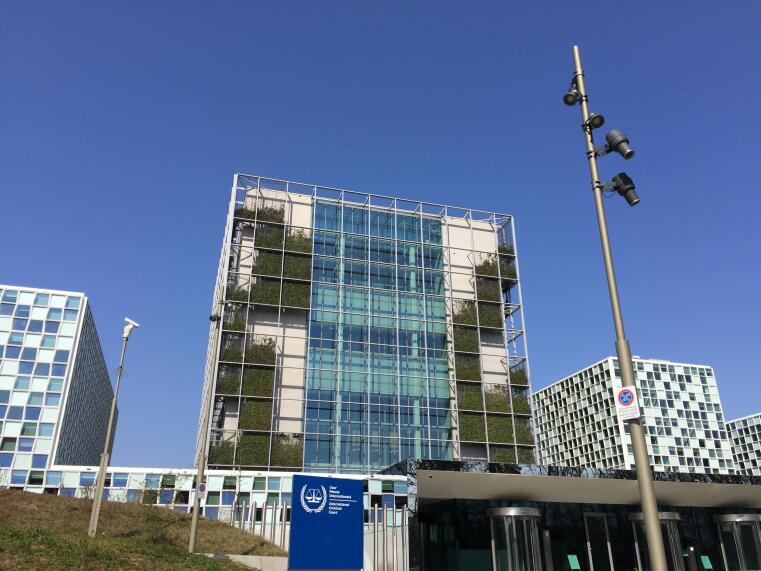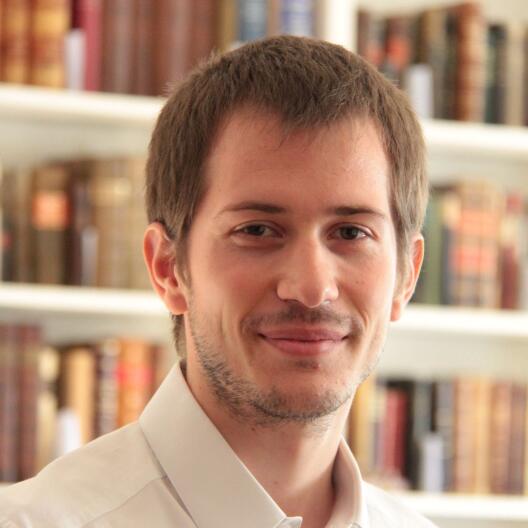The Plurality of Criminal Justice under International Law
by Sebastian M. Spitra
World days for justice come in many different shades. Every year, they are used to promote good causes, mostly by resolution of the United Nations: on 20 February for social justice, on 26 June in support of victims of torture, on 19 August for humanitarian aid, on 21 September for world peace and on 10 December for human rights. This list could be expanded by several more occasions, in particular 17 July, which has been celebrated as the World Day for International Justice since 2010. Public awareness of such days varies from country to country, but the Federal Republic of Germany has a special reason to celebrate 17 July this year.
The World Day, launched by the United Nations, commemorates the establishment of the International Criminal Court (ICC), whose statute was adopted in Rome on 17 July 1998. Following the experience of the international prosecution of war crimes in the former Yugoslavia and Rwanda in the early 1990s, the international community sought to perpetuate the institutional framework for prosecuting crimes such as genocide or crimes against humanity.
The history of international criminal law, however, goes back further. Already during the Franco-Prussian War of 1870/71, violations of the first Geneva Convention led to demands for the establishment of an international tribunal to prosecute war crimes. After the First World War, (show-)trials were held by the German Imperial Court (Deutsches Reichsgericht) in Leipzig against alleged war criminals from among its own ranks. The meagre results of this “loser’s justice” were by no means satisfactory to the Entente at the time. Thus, after the Second World War it was international military tribunals that tried the leading warmongers in Nuremberg and Tokyo.
Universal Jurisdiction enables a Multitude of Courts to punish Crimes under International Criminal Law
Today, international criminal law has become much more confusing. A multitude of courts with different jurisdictions has taken the place of a single institution. In fact, the ICC is only the last resort in the prosecution of crimes against humanity, genocide and other war crimes. In the first instance, the states parties’ own criminal justice systems are responsible. This is stipulated prominently in Article 1 of the Rome Statute, which emphasises the ICC as a complement to domestic justice.
The prosecution of international crimes before national courts is made possible by the principle of universal jurisdiction. It justifies worldwide prosecution on the basis of the seriousness of the offences. The decision as to which court will proceed against a crime is determined by the principle of complementarity: only in cases where contract states are unable or unwilling to prosecute international crimes may the ICC initiate its own proceedings. This system is designed not least to preserve national sovereignty to a certain extent and not to overburden the ICC.
However, the example of Colombia shows that this institutional architecture by no means renders the ICC toothless. Here, far-reaching state amnesties for those who have committed atrocities are in tension with serious national prosecution. The Colombian government’s efforts to come to terms with the world’s longest civil war are therefore under scrutiny from the international criminal justice system. In the brutal “war on drugs” in the Philippines, the ICC also recently found that crimes under international law may have been committed. Although President Duterte terminated his country’s membership of the ICC immediately after criticism arose, it continues to have jurisdiction because the acts began before the termination.

Towards a German Culture of International Criminal Litigation
International criminal law thus relies on the support of a multitude of national courts. Nevertheless, the different actors contribute to a unified system of international criminal law. In Germany, the most recent focus was on the Koblenz Higher Regional Court (Oberlandesgericht), which in April of this year sentenced an employee of the Syrian secret service prison “Al Khatib” to imprisonment for aiding and abetting crimes against humanity. It was the world’s first sentence under international criminal law against a henchman of Bashar al-Assad.
During the trial, it became apparent that proceedings under the German Code of Crimes against International Law (Völkerstrafgesetzbuch) are not comparable to the requirements of common trials. National courts – in Germany the Higher Regional Courts are responsible for such proceedings in the first instance – must fit into the diverse system of criminal justice under international law. In addition to the increased international attention to the process and infrastructural challenges, there are additional requirements for coming to terms with a violent regime of injustice. The victims play a more central role than in the purely domestic criminal process, which is geared towards individual and general prevention of such acts in the future. Here, on the other hand, there are the voices of witnesses and victims that counter the official state narrative with a new narrative of violence, suffering and injustice. This is why several NGOs are calling for the comprehensive documentation of the trial proceedings to create an archive for the reconstruction of Syria.
The Promise of International Criminal Law
International criminal law and the ICC cannot prevent atrocities and heinous crimes. Rather, their value is to provide an internationally recognised language to name the crimes as such. As institutions, they should ensure that perpetrators do not go unpunished and prevent impunity. In this regard, it is not only the contribution of the ICC that matters, but also the multitude of national courts that cooperate in the realisation of international criminal justice.



